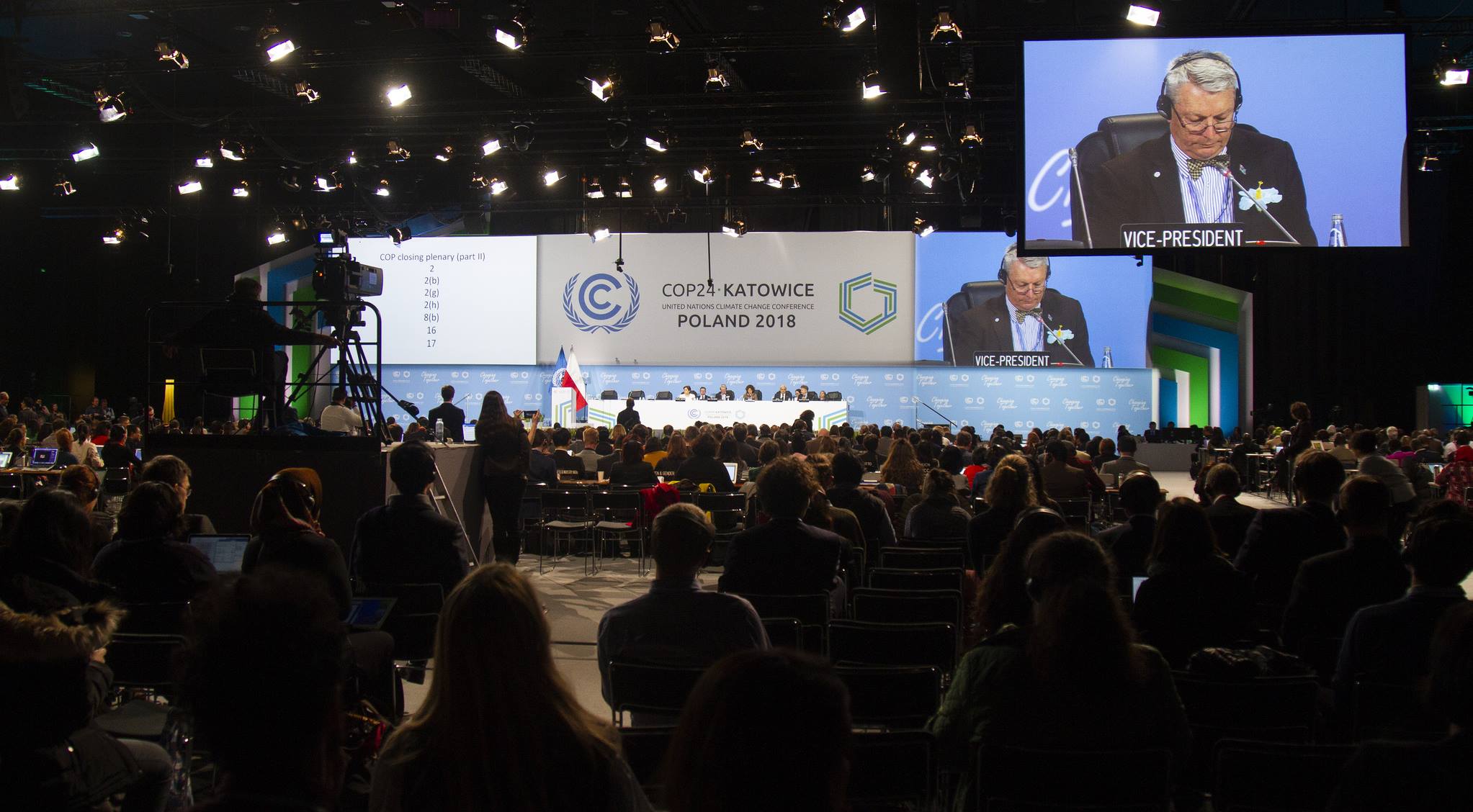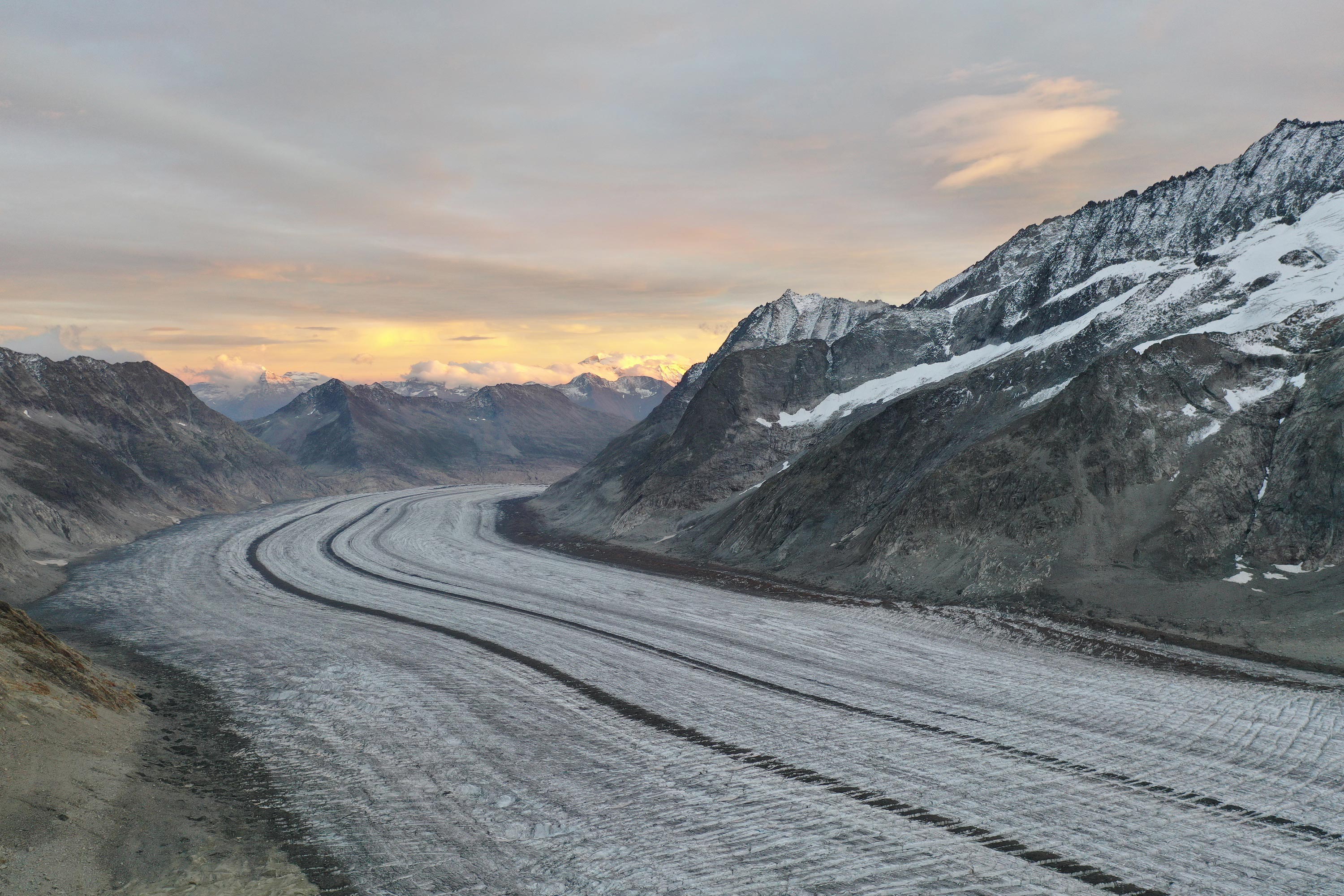In force since 1989, the Montreal Protocol regulates the global efforts to tackle ozone depletion and it is considered among the most successful international environmental agreements ever adopted.
According to the U.N. ozone secretariat, the production and use of ozone-depleting substances covered by the Protocol, such as chlorofluorocarbons (CFCs), has been slashed in the past decades and the ozone layer is projected to return to 1980 levels by mid-century. In addition, ozone protection efforts have contributed to the mitigation of climate change by averting over 135 billion tonnes of CO2 equivalent emissions from 1990 to 2010.
“The theme for this year’s World Ozone Day is a rallying call urging all of us to carry on with the exemplary work under the Montreal Protocol,” said Tina Birmpili, Executive Secretary of the Montreal Protocol’s secretariat. “We can be proud of how we have protected the ozone layer and the climate, but we must also focus on what more we can do to reduce global warming under the Kigali Amendment.”
Adopted in 2016 in Rwanda’s capital, the Kigali Amendment to the Montreal Protocol sets forth the global community’ commitment to phase-down hydrofluorocarbons (HFCs), potent and fast-growing greenhouse gases still in use in refrigerators and air conditioning.
As they are not ozone-depleting substances themselves, HFCs were deployed as substitutes for CFCs and other substances prohibited under the Montreal Protocol. HFCs have seen a rapid growth in the past years, mainly due to rising demand for cooling systems.
The Kigali Amendment will enter into force in January 2019. According to the phase-out schedule, countries that ratify the Kigali Amendment commit to cutting down the production and consumption of HFCs by more than 80 percent over the next 30 years, and replacing them with climate- and ozone-friendly alternatives. This is expected to avoid up to 0.5°C of global warming by the end of the century.
In his message for the World Ozone Day 2018, U.N. Secretary-General pointed out that only 46 countries have ratified the Kigali Amendment so far and urged the other U.N. members to follow suit and “demonstrate significant progress” in implementing the amendment at the special climate summit in New York in September next year.
Read more:
U.N. Ozone Secretariat release on World Ozone Day 2018
UNEP Ozone Secretariat website: ozone.unep.org
UN Secretary-General’s message for World Ozone Day 2018
Discover what can you do to protect yourself from ozone layer depletion and minimize ozone layer impact






